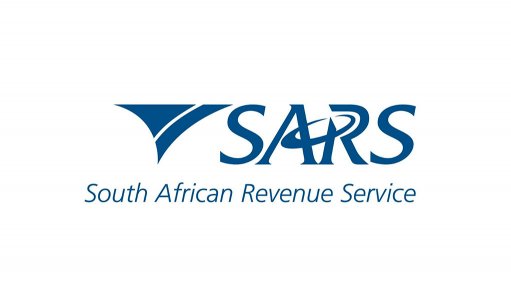
The former Minister of Finance, Mr Gigaba, who first decided a commission of inquiry should be established in connection with SARS, gave evidence before the Commission. He said he had formed the view that an inquiry was required because the integrity of SARS was being questioned, domestically and abroad. He concluded that a process was needed to look into the affairs of SARS, from which recommendations could emerge addressing issues of governance and integrity that were of concern to investors, the rating agencies, the international financial institutions, and the taxpaying public.
The preamble to the terms of reference (Appendix 1) affirms that purpose when it records that ‘reports in the public domain that potentially undermine taxpayer morality need to be assessed for their veracity, and possible corrective measures need to be implemented to maintain taxpayer morality and confidence’ and that ‘the public must have confidence that SARS is managed to the highest standard of ethics, integrity and efficiency’.
The extensive terms of reference identify events that have been reported in the public domain that potentially have that effect. If those events have indeed occurred, they are manifestations of the erosion of integrity and governance at SARS. But inquiry into whether there are manifestations of a disease is only the entry point to diagnosing the disease. Once it has been diagnosed then in how many ways it has manifested itself becomes secondary.
The conclusion we reach at the end of this inquiry is that there has been a massive failure of integrity and governance at SARS, and all else follows from that. What SARS was, and what it has become, is sufficient proof in itself that integrity and governance failed on a massive scale.
Report by the Sars Commission